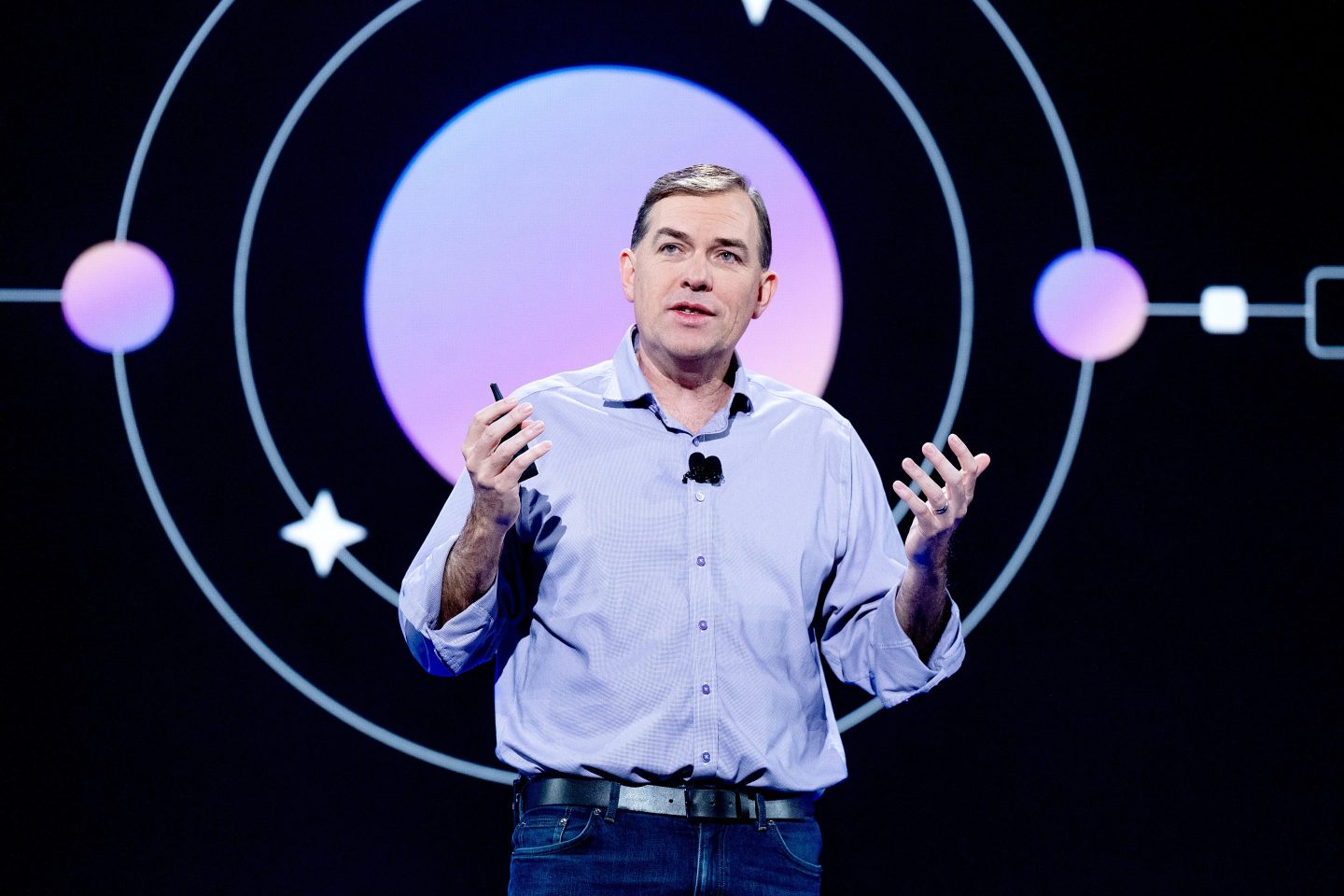Congress has revived the dormant Export-Import Bank following a five-month hiatus as part of its passage of a $305 billion federal highway bill on Thursday. The federal agency, commonly known as the “Ex-Im” bank, ceased operation in June after lawmakers allowed its authorization to expire.
Supporters of the bank managed to tuck a provision extending the bank’s authorization through September 2019 into the must-pass transportation spending bill (without it, federal highway funding would have run out today). President Obama is expected to sign the bill today, reviving Ex-Im and boosting the fortunes of companies like Boeing (“BA”), General Electric (“GE”), and Caterpillar (“CAT”) that rely on the bank’s federal loan guarantees for foreign buyers of U.S. goods.
Boeing and General Electric, in particular, took center-stage in the lobbying battle waged on behalf of Ex-Im alongside the National Association of Manufacturers (NAM) and the U.S. Chamber of Commerce. Those industry groups insist Ex-Im is necessary to ensure the competitiveness of U.S. firms in the global marketplace since most of their overseas competitors benefit from the same kind of government help.
“In recent weeks, we’ve seen how American companies are forced to operate at a unique disadvantage in global markets without Ex-Im, resulting in lost sales and lost jobs,” U.S. Chamber of Commerce CEO Tom Donahue said in a statement following the House’s passage of the bill. “We applaud the determined work of those Congressional leaders who have acted to protect the competitiveness of American companies.”
Meanwhile, Congressional conservatives that oppose Ex-Im have vowed to continue the fight against what they view as corporate welfare.
The Export-Import Bank is an executive branch agency that provides the financing tools—typically in the form of loan guarantees—to foreign governments and companies interested in purchasing American goods. While the bank provides financial backing for purchases of all kinds of manufactured products, it tends to favor the makers of large, capital equipment. As such, companies that sell things like commercial airliners, jet engines, construction equipment, and electrical grid infrastructure benefit disproportionately from Ex-Im’s loan guarantees.
Boeing is by far the biggest beneficiary of Ex-Im financing, with 14% of its 2014 orders backstopped by the agency. Likewise, General Electric and construction equipment maker Caterpillar have a stake in Ex-Im’s continued existence. Between them, the three companies account for the majority of the bank’s financing, which totaled more than $20 billion last year.
That’s led a bloc of conservative lawmakers as well influential groups including Freedom Partners (backed by the billionaire Koch brothers) and the conservative Heritage Foundation to label Ex-Im corporate welfare that benefits a few specific companies more than it benefits taxpayers. As Republican presidential candidates aligned against the bank earlier this year, Tea Party conservatives in Congress maneuvered to keep Ex-Im’s renewal off the House and Senate floors even though the majority of lawmakers continued to support it. When Ex-Im’s authorization came up for renewal in June, Congress failed to act and Ex-Im’s charter expired at the end of the month.
In the months since, Boeing and GE have mounted an intense lobbying campaign for Ex-Im’s renewal and pulled Super PAC donations and other financial contributions to lawmakers that oppose the bank. The bank’s allies tried to attach a provision renewing Ex-Im to this summer’s fast-track trade bill and other spending measures before finally succeeding with the federal highway bill that landed on the President’s desk today.
“After months of pointless and harmful delays, reauthorization of the Ex-Im Bank has received final approval from a bipartisan congressional majority,” National Association of Manufacturers President and CEO Jay Timmons said of the bill’s passage. “This is a victory for manufacturers of all sizes as well as for workers here in the United States.”
Opponents of Ex-Im have meanwhile pledged to finish off Ex-Im when they next get a chance in four years. Marc Short, president of the Koch-backed Freedom Partners, told the Los Angeles Times that by elevating the Ex-Im issue to the national level, conservatives have put the “final nails in the coffin of Ex-Im” and will complete the coup de grâce in 2019.
Rep. Jeb Hensarling (R-Tex.), a vocal opponent of Ex-Im and chairman of the House Financial Services Committee, similarly put companies backing Ex-Im on notice in a statement Wednesday. “I know if I was the CEO of a Fortune 50 corporation, I would think twice before building my long-term business plan on Ex-Im,” he said.
For more on Boeing, watch this Fortune video:












